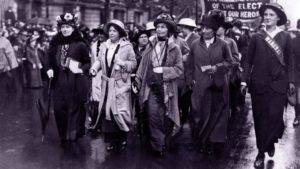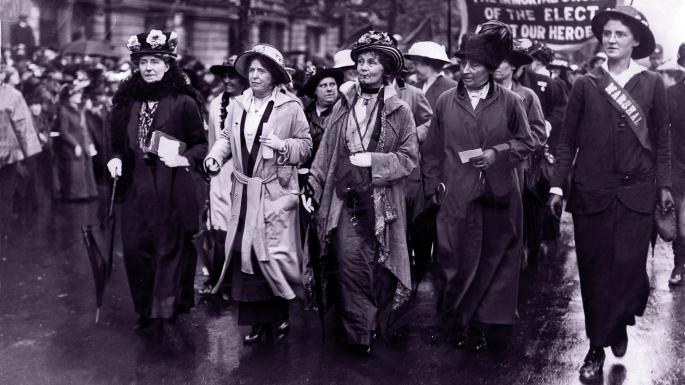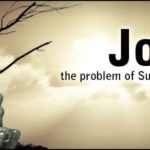Why I AM a feminist – Editor
Feminism is a movement which has the struggle for equality at its core. To suggest that it is an incoherent, pointless ideology is to ignore the huge positive changes that have occurred in society over the last one hundred years. More importantly, it is to ignore the immense sacrifices made by many, predominantly women, to achieve that revolution. A revolution which is far from complete.
A recent Bubble piece claimed that feminism in western societies is a redundant struggle, contradictory to its central aim: gender equality. This is demonstrably false.
Firstly, the idea that feminism is inherently anti-male and asserts female supremacy is a red herring. The movement (as the name suggests) prioritises the broadening of women’s rights because – forgive me for stating the blindingly obvious – it is women, rather than men, who have been systemically subject to marginalisation and oppression throughout history. In various European countries at some point in the last century it has been true to state the following about women, though not about men: you cannot freely own property; you cannot hold certain professional roles; you cannot have financial autonomy; you cannot vote; you cannot study at university. And more.

Of course the situation has since improved, but that is not to say we are near to achieving true equality. A number of important issues in which the victimisation of women is still apparent were cited in last week’s piece on feminism, but they need further assessment.
The gender pay gap is absolutely an issue in which the ingrained prejudice towards women in the workplace persists: such a problem is this that in April 2017 the government made it a legal requirement for companies employing more than 250 staff to report on the ‘gender pay gap.’ Data has emerged, perhaps most notably from the BBC, which evidences a flagrant disparity in remuneration for the same or similar roles. The Office for National Statistics’ analysis shows that women are, on average, paid £2.52 less per hour than men; furthermore, the pay gap widens the more you earn. To suggest that data as marginal as workplace fatalities is of any relevance in this nationwide abuse is a fig-leaf upon the nakedness of reactionary prejudice.

Those who looked carefully at last week’s article will have noted the ‘disclaimer’ that it would focus only on feminist issues in the west. While that mitigated some of the article’s more acerbic rhetoric, it was not a helpful basis for argument. The challenges women have faced in the struggle for equality have been universal; that many western nations have improved matters does not separate our struggle for equality from that of the wider world. Without a women’s movement advancing in the west, pressures would not have grown on governments across the globe on issues of gender equality. If the UK is to remain a beacon which leads the way, we cannot become complacent simply because some of the most obvious forms of inequality in our society have been eradicated. As the #metoo movement, the gender pay gap, and misogynistic abuse on social media platforms all evidence, we have a long way to go on the path to true equality.
While there were interesting points in last week’s article, the conclusion was misleading. It is blatantly apparent that women are still, in so many contexts, subject to obstacles and encumbrances that most men don’t even begin to perceive (see Mrs Price’s article for some compelling data). To suggest anything else relies on a Trump-esque relationship with fact. While there may be radical elements within the feminist movement which are perhaps unhelpful to progress, the same is true of any widespread ideological or civil struggle. This does not make feminism a tainted brand. The feminist movement has been responsible for creating greater levels of equality in terms of legal rights, professional opportunities and social attitudes. The only thing tainted is the perception that gender equality has already been achieved.















Post Comment
You must be logged in to post a comment.